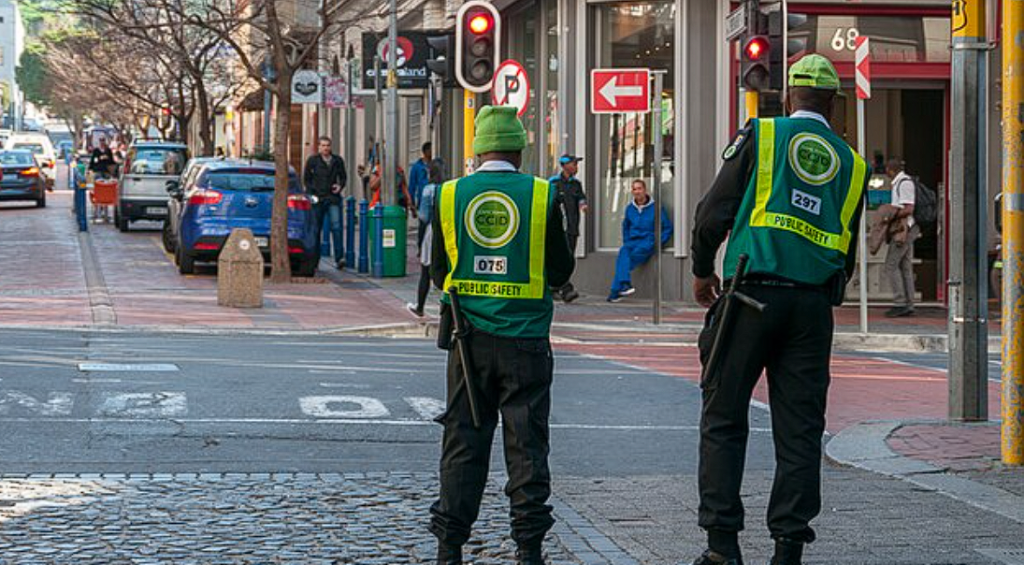Police Officers Required to Lose Weight.
Others are reading now
As the Sahel region and the Horn of Africa continue to grapple with food insecurity, obesity and overweight issues are spreading in other parts of the African continent, particularly in the north and south, where the adult obesity rate is about twice the global estimate. South Africa is one of the countries severely affected by this crisis.
According to a report by China News Service on March 5, South Africa is witnessing a steady rise in overweight and obesity phenomena, with nearly 65% of women and 30% of men categorized as overweight or obese. Additionally, the prevalence of childhood obesity is also increasing, with 13.5% of South African children aged 6 to 14 years being overweight or obese.
How Severe is South Africa’s Obesity Crisis?
A 2010 survey by South African public health agencies randomly interviewed 50,000 South Africans, finding approximately 61% were overweight. This includes police officers, leading to situations where pickpockets and drug dealers easily evade overweight officers. Before the 2010 FIFA World Cup, dozens of officers were even sent to training camps to lose weight.
Following the World Cup, the South African government demanded all overweight officers to quickly shed pounds or face dismissal.
Also read
Factors Contributing to High Obesity Rates
The shift towards diets high in saturated fats, meats, dairy products, and more refined foods, especially among urban populations, is partly to blame. Fast food, including products from Coca-Cola, the company’s largest market in Africa and a major global market, has become prevalent.
Despite Coca-Cola funding a 34-page report by the South African Institute of Race Relations (IRR) advising against the sugar tax, the South African Revenue Service (SARS) confirmed the implementation of a health promotion tax, commonly known as “sugar tax,” from April 2018. This measure aims to curb obesity and related diseases, while also increasing government revenue.
Socio-economic Status and Obesity
Obesity is no longer seen as a disease of affluence, with increasing evidence showing its prevalence among lower-income urban residents. Despite being Africa’s most developed economy, South Africa remains a developing country with around 18.2 million people living in extreme poverty as of the end of 2022, with the number expected to rise.
High salt, sugar, and fat content in affordable junk food make it a preferred option for many South African families over healthier but more expensive options. A 2010 survey revealed that 65% of respondents found healthy food more expensive than unhealthy options, and 49% were highly concerned about food prices.
Cultural Perceptions and Obesity
In South Africa, obesity is not necessarily seen as negative, with many women acknowledging the health impacts of being overweight but still not wanting to lose weight. This is attributed to genetic factors and cultural perceptions where obesity is seen as a symbol of wealth and health, believed to enhance fertility and family building.
Juan-André Watson, head of the “Heart and Stroke Research Foundation,” highlighted the need for the South African government and health departments to take more effective measures to raise awareness about obesity. The widespread health issues caused by obesity, including diabetes, hypertension, and cancer, especially diabetes, are becoming a major concern, significantly straining South Africa’s already limited public health resources.
The fight against obesity in South Africa requires a concerted effort, involving public interventions to increase awareness and emphasis on the serious implications of obesity on individuals’ health and the nation’s healthcare system.


